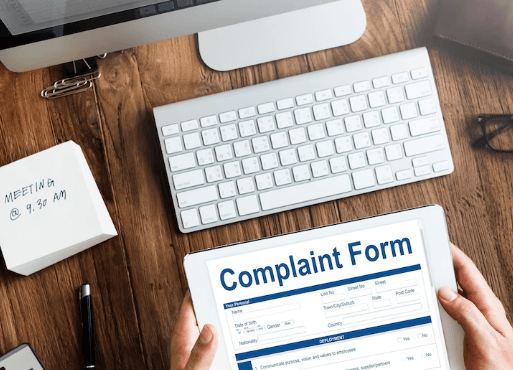When employees get injured while working, they are entitled to compensation. If an employer doesn’t want to incur compensation costs, they can get insurance coverage for such cases. Workers’ compensation insurance covers all the damages caused by work-related injuries. It covers medical expenses and even lost wages.
If you are an employee looking to get compensation for work-related injuries, you might want to know the process. This guide discusses a typical compensation claim process for employees. Read on to learn more!
How Does Workmans Comp Claim Process Work?
Before getting into the workman’s comp claim process steps, knowing how the process works is vital. If you get injured while working, you have limited time to report the incident and file a claim. Your workman’s compensation claim will be allowed if you meet these requirements. This could see you incur all the medical expenses and other costs from your pocket.
Employers are required to train an employee to report all work-related injuries on time to avoid setbacks. As an employer, you must ensure that your employees are well-informed about compensation and the need to do things on time. Besides, it is the employer’s responsibility to submit a workers’ compensation claim to the insurer. Before doing that, you must gather all the details about the injury.
The workman’s comp claim process starts when the employer gets to the insurer and presents an employee’s claim. It is crucial to understand the subsequent steps, especially if you want to get compensated on time. Employees must present details about the incident and ensure everything checks out.
Steps Involved In Workman’s Comp Claim Process
Knowing how the process works, it is time to understand the steps involved in the workman’s comp claim process. These steps determine whether or not you get compensated for work-related injuries. The steps are as follows;
1. Reporting The Injury To The Employer
The first step is the employee reporting a work-related injury to the employer. As mentioned earlier, employers must inform employees about the importance of reporting work-related injuries or illnesses. Employees must know that if they become injured or ill at work, the management must know immediately. An injured employee must typically provide a written notice about the injury.
Most states have deadlines on when work-related injuries should be reported. In New York, for example, you must notify your employer within 30 days of the injury. In some states, employees have up to a year to report work-related injuries.
2. Getting The Necessary Paperwork From The Employer
After you report a work-related injury, your employee will give you details about your rights and benefits as an injured worker. You will know about the business's workers' compensation insurance policy and the next steps you should take. Besides, the employer will tell you about the return-to-work policies after recovery.
In most cases, the employer will issue you a workman’s comp claim form to fill out and then return to them. The form aims to collect details about the incident, such as the nature of the injury and where and how it happened. In some cases, you may be issued with a first report of injury form that the employer submits to the state’s workers’ compensation board.
3. The Employer Reports The Injury And Files The Claim Form
Once you have provided details in the worker’s comp claim form, the employer will report and file it. Typically, the employer sends the claim form and all the necessary documents to the workman’s comp insurance carrier.
However, the employer’s doctor sometimes provides a detailed medical report. The employer should report the incident to the worker’s comp board or the state’s division of workers’ compensation.
4. The Insurer Approves or Denies the Claim
Lastly, the insurer will approve or deny your workman’s comp claim. If the claim is approved, the insurer will inform your employer to contact you with payment details. If the claim is denied, you will be asked to consider other options or reapply.
Kickstart Your Workman’s Comp Claim Process
No matter your work environment, there is always a risk of injuries. Therefore, businesses should get workman’s compensation insurance that helps cover their employees. As an employee, if you are injured at work and are looking for compensation, the steps highlighted here will give you an idea of what to expect.
Additional:






















